Britain has hit more than a dozen Russian spies with a wave of sanctions, targeting those it accused of running a “sustained campaign” of malicious activity against the UK.
The Foreign Office named 18 officers from Russian spy agency the GRU, as well as hitting three of its units with measures aimed at cracking down on Vladimir Putin’s increasing aggression abroad.
It said the military intelligence officers targeted were “responsible for spreading chaos and disorder on Putin’s orders”, and included those who had targeted the family of former Russian spy Sergei Skripal.
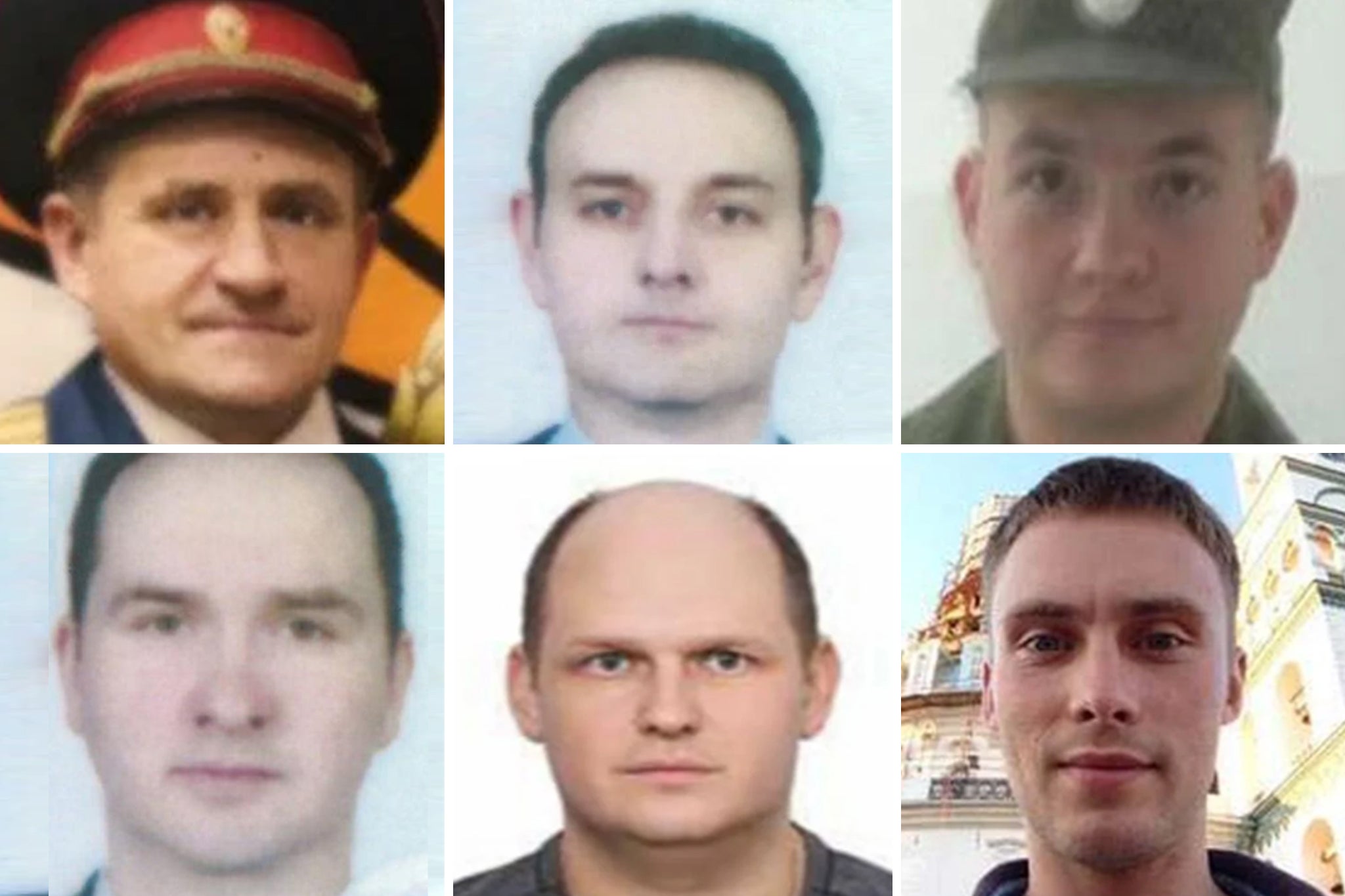
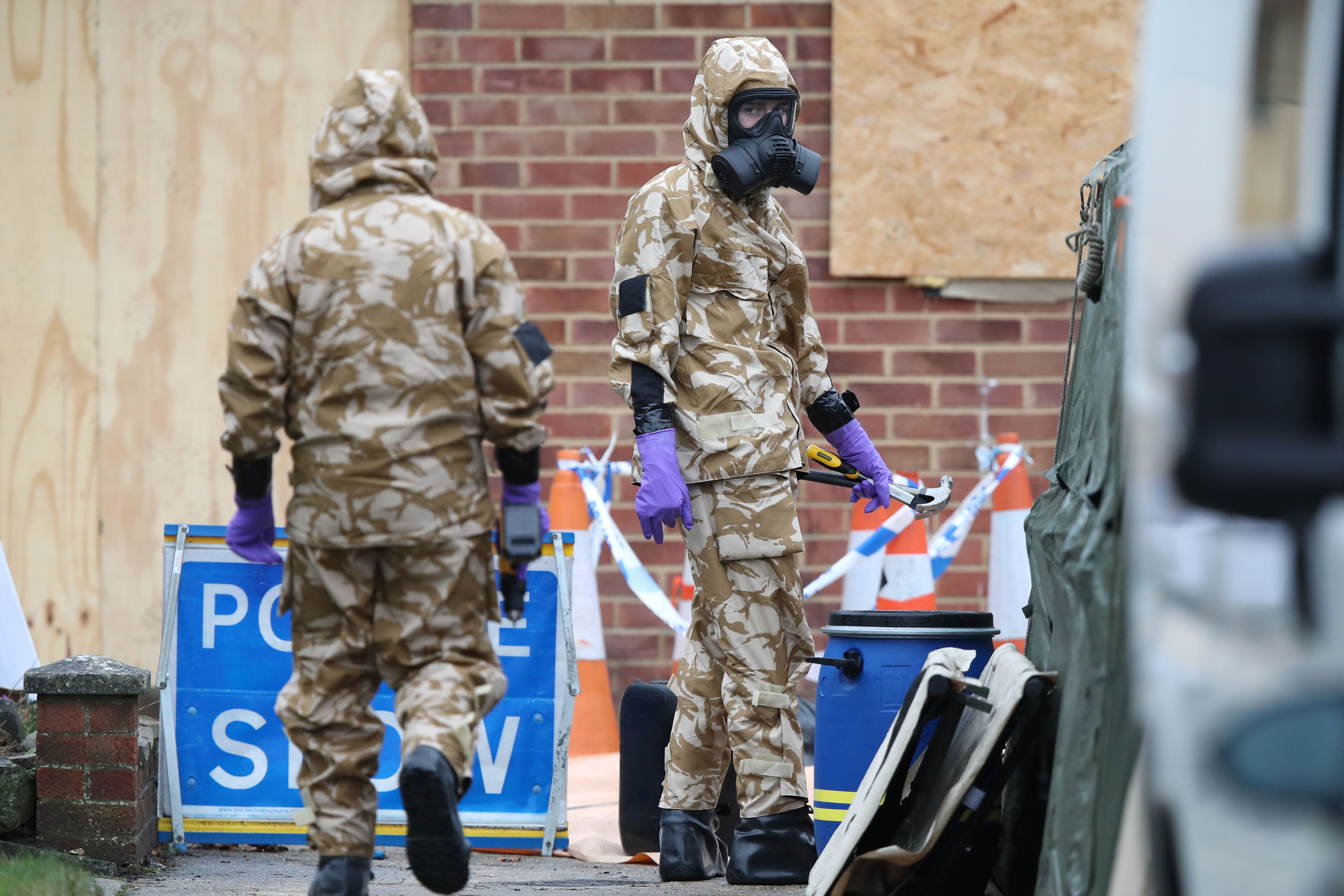
The officers sanctioned had targeted a device belonging to Mr Skripal’s daughter Yulia with malicious malware known as X-Agent five years before GRU attempted to murder them in Salisbury with the deadly Novichok nerve agent.
The units are also accused of conducting a prolonged campaign of cyberattacks across Europe, including in Britain, aimed at destabilising the continent and undermining democratic institutions.
“GRU spies are running a campaign to destabilise Europe, undermine Ukraine’s sovereignty and threaten the safety of British citizens,” foreign secretary David Lammy said.
He added: “The Kremlin should be in no doubt: we see what they are trying to do in the shadows and we won’t tolerate it. That’s why we’re taking decisive action with sanctions against Russian spies.”
On 15 March 2022, shortly after Russia invaded Ukraine, Unit 26165 carried out online reconnaissance on civilian bomb shelters in Mariupol, southern Ukraine and in Kharkiv, eastern Ukraine, the Foreign Office said.
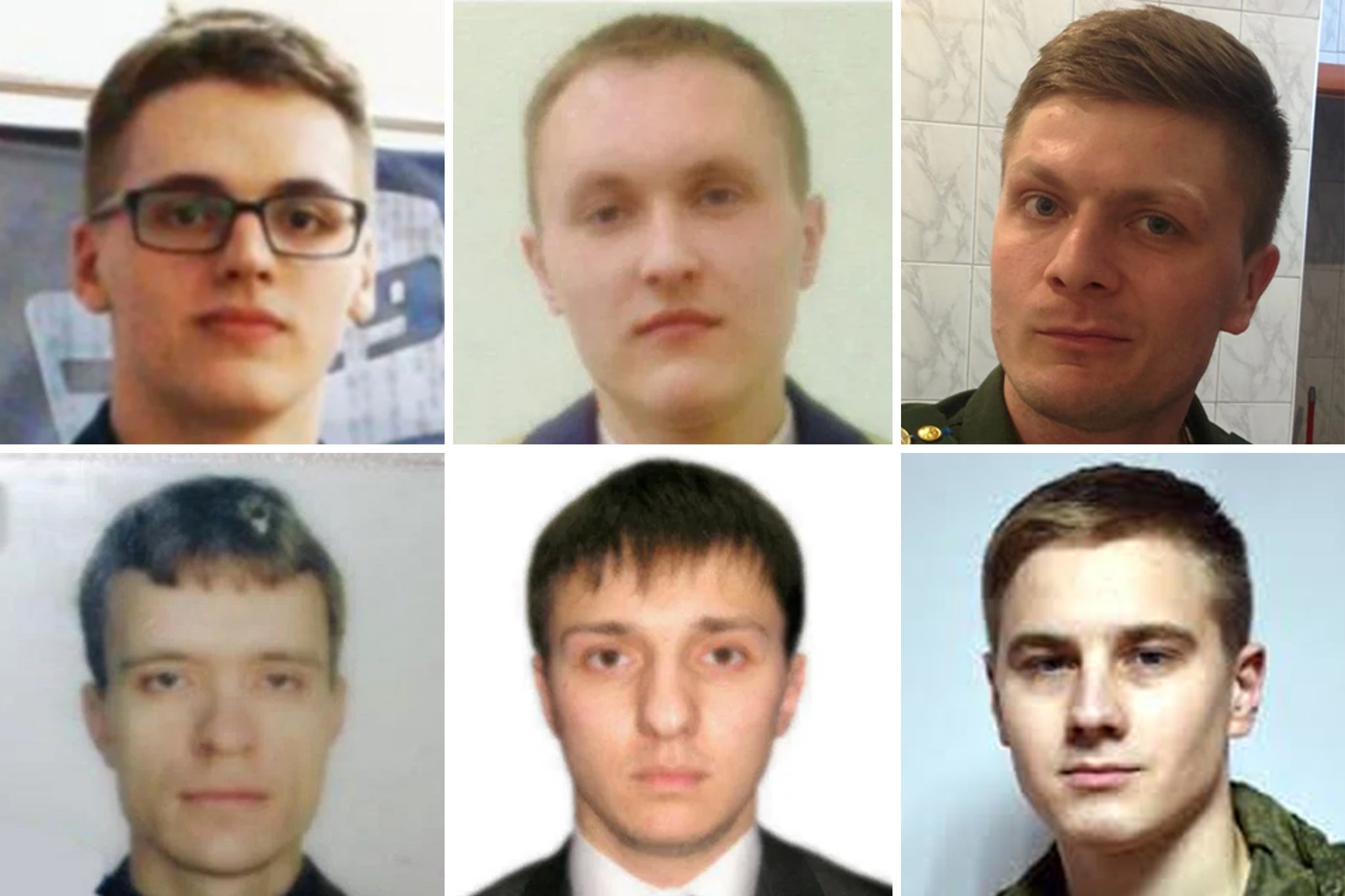
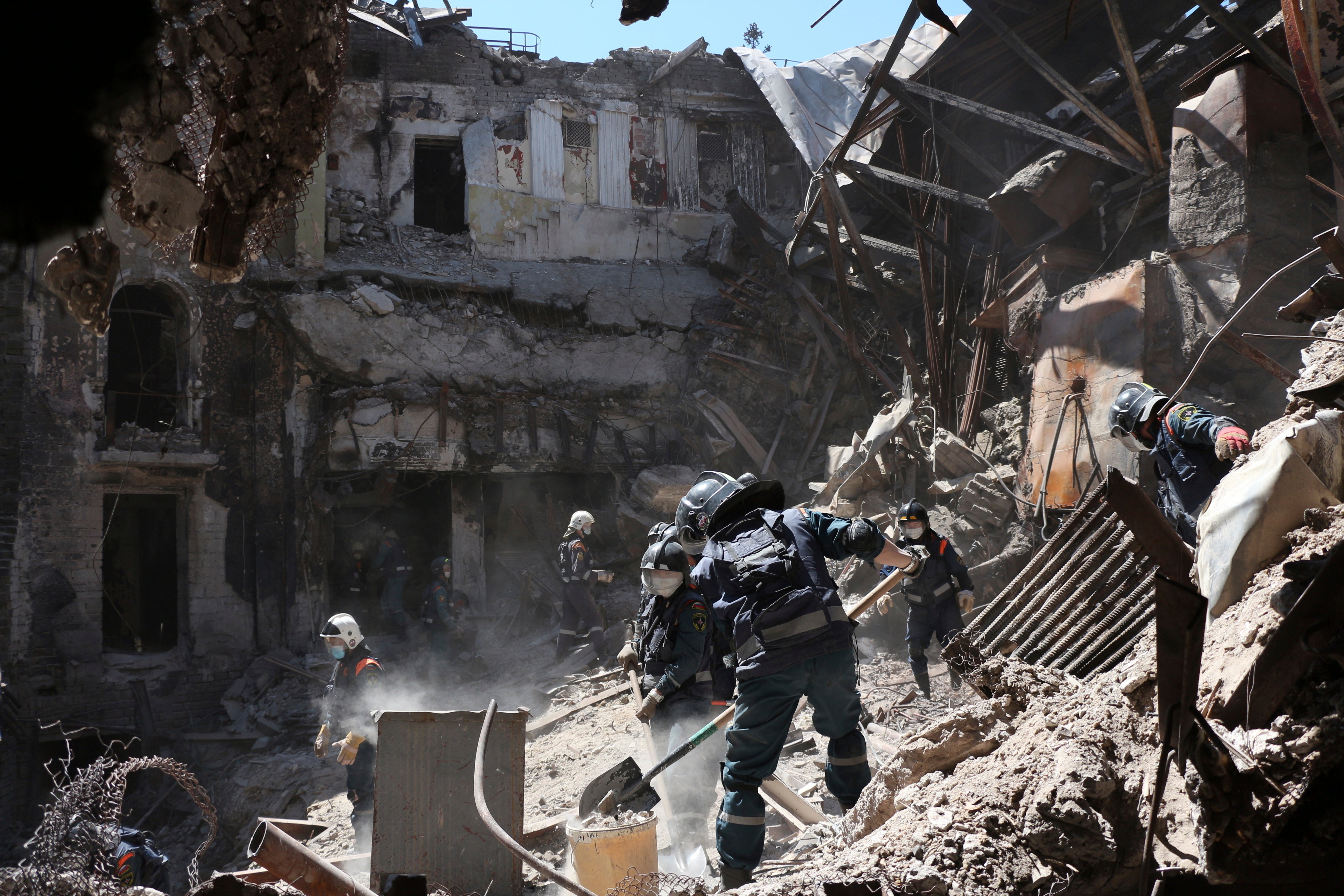
One of the targets was the Mariupol theatre. Civilians sheltering inside from Russian bombs had painted the word “children” outside in the hopes they would be spared.
But the next day, the theatre was hit by Russian airstrikes, killing about 600 people, including children, according to an Associated Press investigation.
In 2013, officers from the same unit had targeted the daughter of former Russian spy Sergei Skripal with malware, designed to harm or infiltrate computer systems, the foreign ministry said.
In 2018, Mr Skripal and his daughter Yulia were poisoned with the nerve agent Novichok in the English city of Salisbury, in an attack the British government said was organised by Russian intelligence. The Skripals survived the attack on British soil but a woman, Dawn Sturgess, was killed after her boyfriend stumbled across the poison in a perfume bottle.
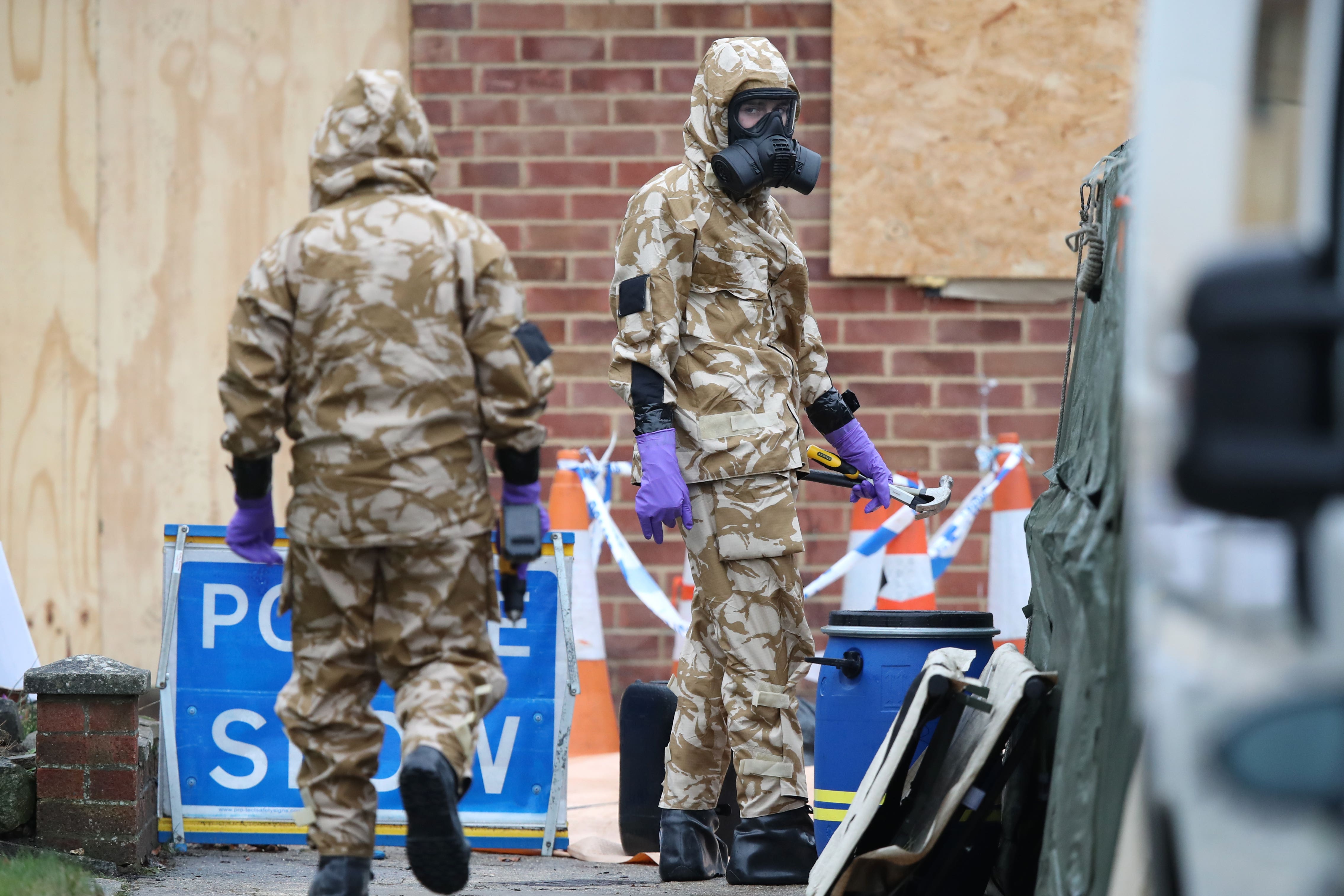
The sanctions also targeted the Africa Initiative, which the Foreign Office said employed Russian intelligence officers to carry out information operations in Africa, including undermining public health programmes and destabilising various countries.
Russia’s campaign of sabotage and disruption across Europe ranges from cyberattacks and propaganda to arson and attempted assassination. Mr Lammy said: “Putin’s hybrid threats and aggression will never break our resolve. The UK and our allies’ support for Ukraine and Europe’s security is ironclad.”
More than 70 different attacks have been attributed to Russia by Western officials since the invasion.
The military intelligence units sanctioned on Friday also targeted foreign aid to Kyiv, ports, infrastructure and border crossings as well as technology companies, the Foreign Office said.
Although targeting GRU officers with sanctions is likely to have limited effect, the ministry said the goal is to raise awareness of Russia’s campaign and raise the cost to people working for its services, including making it harder for them to travel.




